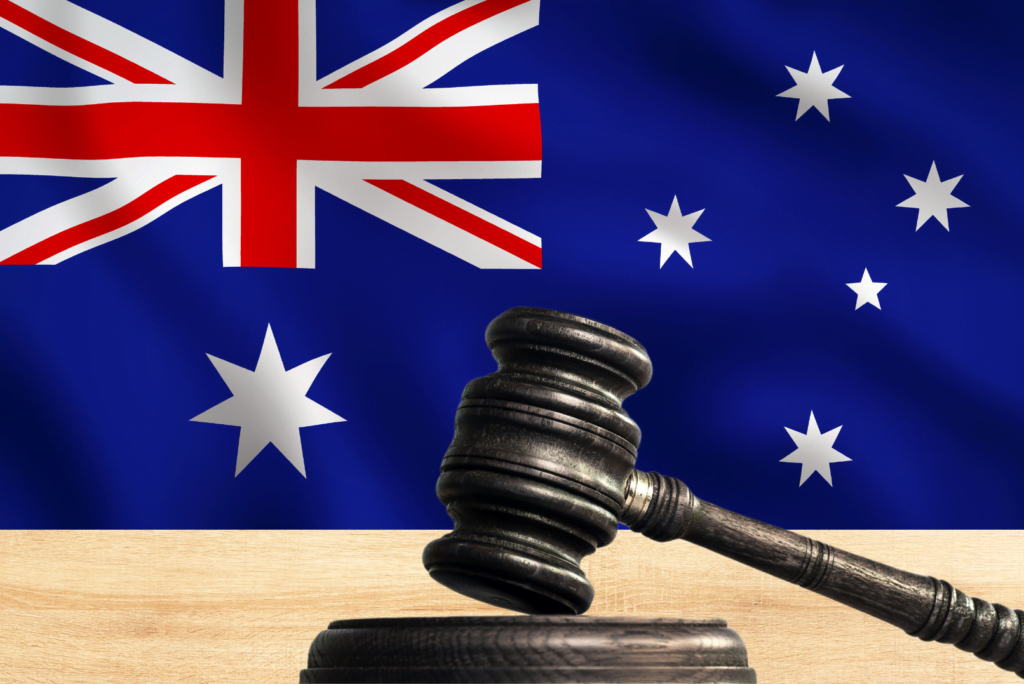Finance resources
Australian Legal Guide: A Comprehensive Resource for Individuals and Business Owners

Navigating the legal system can be daunting, whether you’re facing a personal legal matter or managing business obligations. This guide aims to equip Australians with foundational knowledge of key legal issues, their rights and responsibilities, and strategies for engaging with the legal system effectively.
1. Understanding the Importance of Legal Guides
Legal guides serve as a roadmap for understanding the complexities of Australian law. From personal injury claims to divorce, estate planning, and business law, they provide valuable insights into:
- Your Rights and Responsibilities: Knowing what protections and obligations exist under the law.
- Legal Remedies: Understanding the options available to resolve disputes or conflicts.
- Navigating Procedures: Offering step-by-step advice to prepare for legal actions.
- Communication Tips: Ensuring effective interactions with lawyers, judges, and other legal professionals.
For business owners, these guides are particularly crucial, as they help mitigate risks, ensure compliance, and protect both personal and business assets.
2. Key Areas of Australian Law
a. Personal Injury Law
Personal injury claims in Australia arise when someone suffers harm due to another’s negligence. These include workplace injuries, motor vehicle accidents, and medical malpractice.
- Rights: Victims are entitled to compensation for medical expenses, lost wages, and pain and suffering.
- Processes: Claims are often governed by state-specific laws. For instance, in Victoria, the Transport Accident Commission (TAC) manages motor vehicle injury claims.
- Statutory Limits: Claims must typically be lodged within three years of the injury.
b. Family Law
Family law encompasses issues like divorce, child custody, and property settlements.
- Divorce: Governed by the Family Law Act 1975, couples must demonstrate the breakdown of their marriage and a separation period of at least 12 months.
- Child Custody: Decisions are based on the child’s best interests, ensuring their safety, emotional well-being, and stability.
- Property Division: Assets are divided equitably, considering factors like financial contributions and future needs.
c. Estate Planning
Estate planning ensures your assets are distributed according to your wishes after death.
- Wills: A valid will outlines how assets are allocated. Without one, intestacy laws apply.
- Powers of Attorney: Authorizes someone to make decisions on your behalf if you’re incapacitated.
- Testamentary Trusts: These can provide tax benefits and asset protection for beneficiaries.
d. Business Law
Business law governs activities such as company formation, contracts, and compliance.
- Business Structures: Choosing between sole trader, partnership, or company structures impacts tax, liability, and regulatory obligations.
- Contracts: Legally binding agreements should be clear, fair, and compliant with the Australian Consumer Law.
- Employment Law: Covers workplace rights, including minimum wages, leave entitlements, and anti-discrimination laws.

3. Navigating the Australian Legal System
Understanding the legal system is critical to achieving favorable outcomes.
a. Courts and Tribunals
- Hierarchy: Australia has local/magistrates’ courts, district/county courts, and supreme courts, along with specialized tribunals for disputes like tenancy or employment issues.
- Alternative Dispute Resolution (ADR): Methods like mediation and arbitration can resolve conflicts without court intervention.
b. Legal Representation
- Choosing a Lawyer: Look for experience in the relevant area of law, transparent fee structures, and good communication.
- Self-Representation: Possible in some cases, but professional advice is often invaluable for complex matters.
c. Accessing Legal Aid
- Eligibility: Legal aid provides assistance for those with limited means in cases involving family law, criminal law, or civil matters.

4. Tips for Effective Legal Communication
Clear communication is vital when dealing with legal professionals or appearing in court.
- Be Prepared: Gather relevant documents and outline key points before meetings.
- Stay Objective: Avoid emotional arguments; focus on facts and evidence.
- Ask Questions: Ensure you understand your lawyer’s advice and the implications of decisions.
5. Protecting Your Interests and Assets
Legal disputes can have significant financial and emotional repercussions. Proactive measures can help safeguard your rights and assets.
a. For Individuals
- Insurance: Ensure adequate coverage for personal and property risks.
- Documentation: Keep accurate records of transactions and agreements.
b. For Businesses
- Compliance: Regularly review operations to ensure adherence to laws and regulations.
- Contracts: Use well-drafted agreements to clarify responsibilities and minimize disputes.
- Intellectual Property (IP): Protect trademarks, copyrights, and patents to secure business assets.

6. Frequently Asked Questions
Q1: Can I handle legal matters without a lawyer?
Yes, for straightforward issues like small claims or drafting simple wills. However, professional guidance is recommended for complex cases to avoid costly mistakes.
Q2: How do I choose the right business structure?
Consult a legal or financial expert to assess factors like tax implications, liability, and future growth plans.
Q3: What happens if I don’t have a will?
Without a will, your estate is distributed according to state intestacy laws, which may not align with your wishes.
7. Resources for Legal Support in Australia
- Government Websites: Visit sites like the Australian Government Legal Information portal for reliable resources.
- Community Legal Centres (CLCs): Offer free or low-cost advice for individuals with limited means.
- Professional Associations: Organizations like the Law Council of Australia provide directories of accredited legal professionals.
Conclusion
A legal guide is an invaluable resource for navigating the complexities of personal and business-related legal issues in Australia. By understanding your rights, responsibilities, and available remedies, you can make informed decisions and protect your interests effectively. Whether you’re planning your estate, managing a business, or resolving a dispute, equipping yourself with the right knowledge is the first step toward achieving favorable outcomes.
For specific advice, always consult a qualified legal professional to address your unique circumstances.

Trade finance guide
This trade finance guide discusses some of the specific risks related to international trade and how trade finance can help you protect your business and grow sales by accessing the international markets.

Inventory Finance Guide
This guide explores the options for best-in-class inventory management and how inventory finance can support cash flows and help you grow your business.

Australian franchise guide
Thinking of starting a business? Opening a franchise lets you hit the ground running. This guide covers key considerations before exploring franchise opportunities.

Australian Farm Funding Guide 2023
This guide discusses the main types of agrifinance available to farms including bank borrowings, equipment finance and government-subsidised loans.
